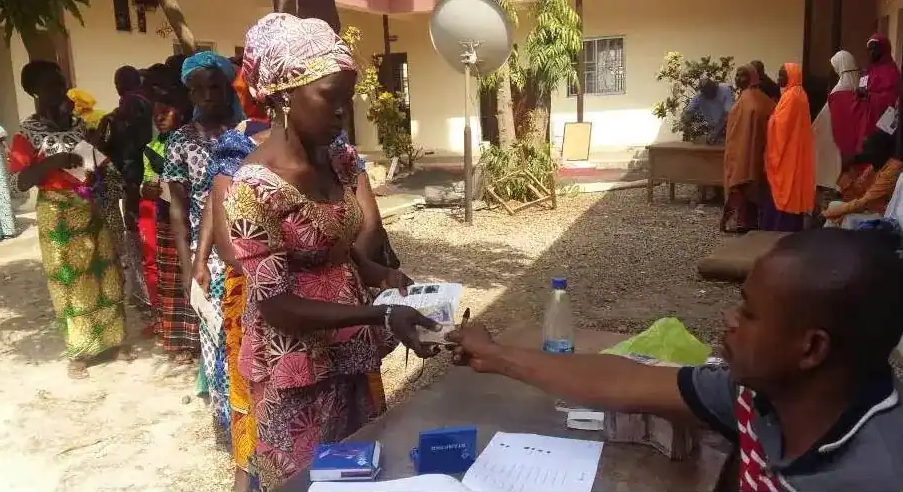News
Cash Transfers: Nigerian Households To Share From N4billion

Vulnerable Nigerian households are to share from cash transfers schemes of N4 billion to help cope with the challenging economic situation in the country.
It is a fallout of the 2025 Nigeria Humanitarian Needs and Response Plan which was launched in Abuja on Thursday.
Minister of Humanitarian Affairs and Poverty Reduction, Prof Nentawe Yilwada who announced the cash transfers said it is to address the country’s deepening humanitarian crisis.
At least 10 million displaced households, will benefit from the scheme from February through April.
Another intervention is coming in the form of interest-free loans to farmers totally N2billion and its aim is to boost food production and self-sufficiency.
“We are prioritising women, especially widows, pregnant women, and those with disabilities.
“The experiences of displaced women, particularly those facing pregnancy or disability, are especially challenging.
READ ALSO: FG Plans Cash Transfer For 20 Million Poor Nigerians
READ ALSO: Jubilation As Tinubu’s Government To Restart Sharing Of N75000
“We understand these vulnerabilities and will continue to support those who are most in need,” he said.
“The President has approved the Ministry’s plan to begin paying conditional cash transfers to 10 million displaced households between February and April. This initiative aims to support those most in need, particularly vulnerable families affected by displacement,” he added.
In other words, that is aside the cash transfers to address immediate needs of families affected by displacement, particularly in the Northeast
“Additionally, the government has allocated N2bn to provide interest-free loans to farmers in rural communities.
“These loans will range from N300,000 to N400,000 per household, helping farmers access necessary resources and linking them to market opportunities.
“Furthermore, a N4bn provision has been approved to support vulnerable groups through cash transfers, targeting families affected by natural disasters and other crises.
These interventions are part of the government’s broader strategy to alleviate poverty and provide relief to those in urgent need,” the minister stated.
READ ALSO: Poverty Alleviation In China: A Model For Global Emulation
He further emphasised the government’s commitment to addressing the needs of internally displaced persons, returnees, and affected communities across Nigeria.
“We are combining the efforts of humanitarian, developmental, and peacebuilding platforms to ensure long-term resilience and sustainable solutions for these communities,” he added.
“Female-headed households experience higher rates of hunger than male-headed ones, and this is where we will focus much of our efforts. Ensuring access to food, water, healthcare, and safety for these women is one of our top priorities,” he added.















